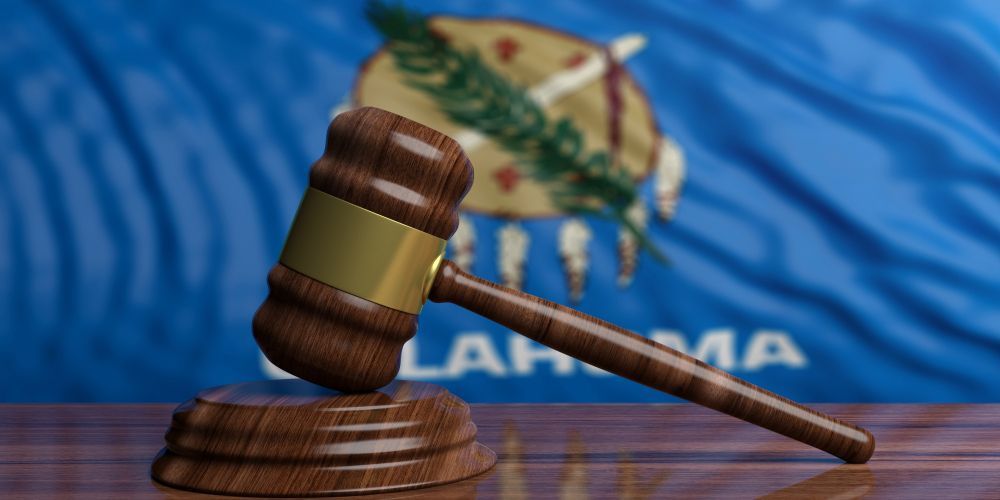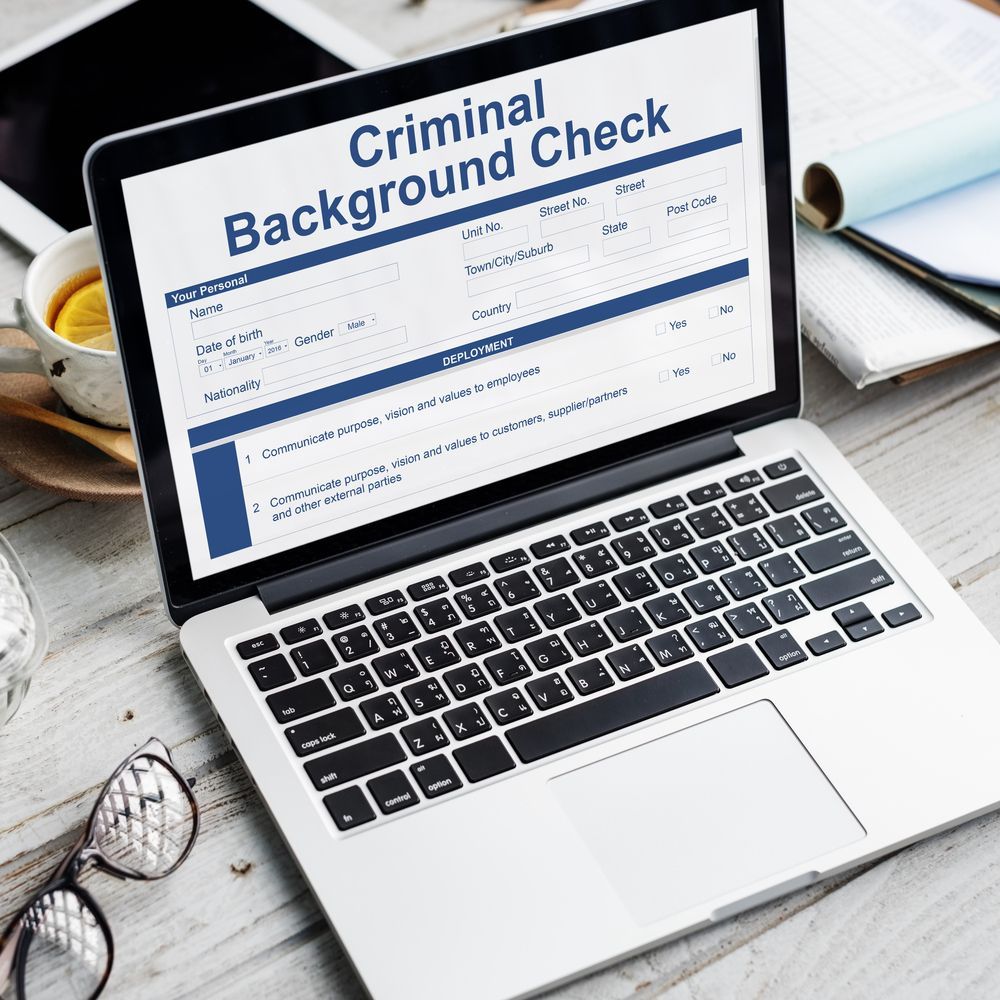Oklahoma Expungement | Oklahoma Clean Slate Law
21 May 2024
Share this article:
Key Takeaways
- A new Oklahoma Clean Slate law automatically seals records after a period of time. Eligible records include most misdemeanors, some felonies, and arrests that did not result in conviction. Sealing of records will begin in 2025.
- The existing ability for individuals to apply for expungement does not change.
- In Oklahoma, expungement does not delete records but seals them from public view.
Oklahoma Clean Slate Act
Oklahoma has joined the
states with a Clean Slate Act. This law
automatically seals criminal records after a set amount of time has passed. The act was signed into law in 2022. Expungement will begin in 2025. The Oklahoma statue refers to this sealing of records as expungement, but it is not the complete destruction of records that constitutes expungement in some other states. Sealed records are still visible to law enforcement and the courts. If a record has been sealed for 10 years with no further violation by the individual, its destruction may be ordered.

Records that will automatically be sealed under Oklahoma Clean Slate include most misdemeanors, some felonies, and arrests that did not result in conviction. Eligibility depends on the nature of the offense and the number of years that have passed.
Oklahoma Background Check Laws
Employers conducting background checks in Oklahoma must comply with the federal Fair Credit Reporting Act (FCRA) as well as state law. The FCRA requires employers to obtain written permission before conducting a background check and to follow an adverse action procedure before deciding not to hire based on the results.
Oklahoma law prohibits employers from asking about sealed records and from refusing to hire on the basis of those. Also, Oklahoma employers may not ask for social media usernames, passwords or other information that would allow them to access social media accounts.
The state has ban-the box laws for public sector employers only. Covered employers may not ask about criminal records on an initial application, although they may do so later in the process.
Expungement in Oklahoma
Individuals have been able to file for expungement in Oklahoma, and Clean Slate does not change that. Some may prefer to file rather than wait for automatic expungement under Clean Slate. With some exceptions, Oklahoma expungement is available for misdemeanors more than seven years old, felonies more than 10 years old, and arrests that did not result in conviction.
Under Oklahoma’s definition, expungement doesn’t completely wipe out the record but seals it from the public. It is still visible to courts, law enforcement, and certain other government officials.
What CRAs Need to Know About Clean Slate Laws in Oklahoma
As Oklahoma clean slate rolls out, CRAs will not be permitted to report criminal records that have been sealed. In most cases they won’t see these records, but they must be aware of the restrictions and not report them if they do discover them.
Bottom Line
Oklahoma has joined the trend toward granting ex-offenders a second chance through Clean Slate laws. Starting in 2025, some criminal records will automatically be sealed from public view. CRAs will generally be unable to discover these records and may report them if they do.
Connect with Us:




